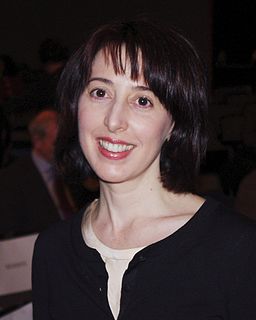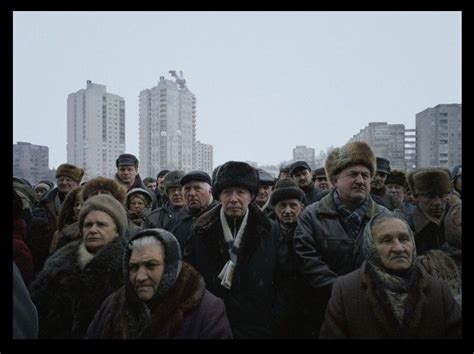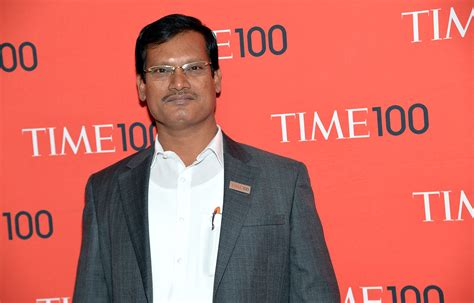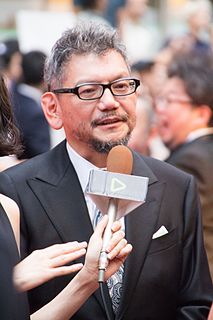A Quote by Denise Mina
In prose, leaps of logic can be made while the protagonist thinks about things and arrives at conclusions. Even with voiceover, there's no real way of having an inner voice without it taking over the entire story.
Related Quotes
I don't care about having a legacy, I don't care about being remembered. The most important thing to me is, while we're here, while we're having fun, while we're sleeping, breathng oxygen, living life, falling in love, having pain and having joy...what can we do with our voice to make things easier, to help someone to make it better for our kids.
The difference between prose logic and poetic thought is simple. The logician uses words as a builder uses bricks, for the unemotional deadness of his academic prose; and is always coining newer, deader words with a natural preference for Greek formations. The poet avoids the entire vocabulary of logic unless for satiric purposes, and treats words as living creatures with a preference for those with long emotional histories dating from mediaeval times. Poetry at its purest is, indeed, a defiance of logic.
Eva is a story of repetition. It is a story where our protagonist faces the same situation many times over and determinedly picks himself back up again. It is a story of the will to move forward, even if only a little. It is a story of the resolve to want to be together, even though it is frightening to have contact with others and endure ambiguous loneliness. I would be most gratified if you found enjoyment in these four parts as it takes the same story and metamorphoses it into something different.
The story is a machine for empathy. In contrast to logic or reason, a story is about emotion that gets staged over a sequence of dramatic moments, so you empathize with the characters without really thinking about it too much. It is a really powerful tool for imagining yourself in other people's situations.
I hope, my career is never predictable. And my interests are diverse in that way. I feel very lucky that when I'm burnt out of acting I take to the pen and I write something I want to direct. And then when I'm tired of taking on too much responsibility as a director I then look for an acting gig. And I've made it very clear that I'm interested in voiceover work. I mean, I'm always looking for voiceover gigs. I love that.
I like the way [Marcus Lemonis] thinks. He's made me think about things in a different way. He's made me want to support small businesses in a very real way, seeing what these small-business owners go through and the struggle it is and the courage it takes to put your heart and money behind things at a 24-hour job. I think I relate to that as an actress and a writer and someone who works freelance, in many ways. It never ends, you never clock out. You've always got to keep things moving.
Until I am free to write bilingually and to switch codes without having always to translate, while I still have to speak English or Spanish when I would rather speak Spanglish, and as long as I have to accommodate the English speakers rather than having them accommodate me, my tongue will be illegitimate. I will no longer be made to feel ashamed of existing. I will have my voice: Indian, Spanish, white. I will have my serpent's tongue - my woman's voice, my sexual voice, my poet's voice. I will overcome the tradition of silence.
I really loved ["The Love Affairs of Nathaniel P" by Adelle Waldman]. It's having a really hot moment. Unlike many hot books, it's actually really wonderful. I tend to have that reaction: I don't want to read it if everyone thinks it's cool. It was a really interesting insight into being young and male. Now that made me feel really thankful for my boyfriend and really thankful because he wasn't like that protagonist, but I know so many people who are like that protagonist.
Poetry has an indirect way of hinting at things. Poetry is feminine. Prose is masculine. Prose, the very structure of it, is logical; poetry is basically illogical. Prose has to be clear-cut; poetry has to be vague - that's its beauty, its quality. Prose simply says what it says; poetry says many things. Prose is needed in the day-to-day world, in the marketplace. But whenever something of the heart has to be said, prose is always found inadequate - one has to fall back to poetry.






































